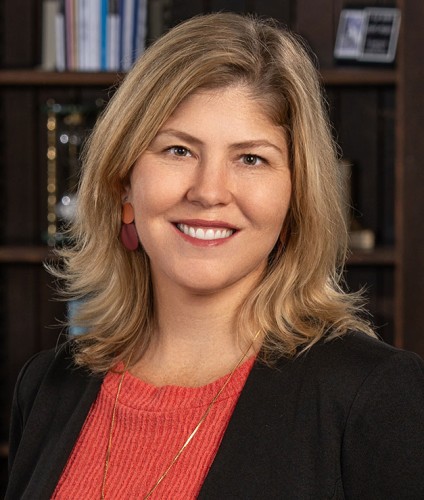
Keija Parssinen is the author of the novel "The Ruins of Us," which was published in the US (HarperCollins), UK (Faber& Faber), Ireland, Australia, South Africa, Italy (Newton Compton Editori) and around the Middle East. The novel earned a Michener-Copernicus award, was long-listed for the Chautauqua Prize, was chosen as Book of the Month by National Geographic Traveler, and was selected as a Best Book of the Middle East Region 2013 by Turkey’s Today’s Zaman newspaper. In fall 2019, it was published in Arabic by the Syrian Ministry of Culture. Her second novel, "The Unraveling of Mercy Louis," won an Alex Award from the American Library Association, was chosen as Book of the Month by Emily St. John Mandel, and was selected as a Best Book of the Year by the Kansas City Star, Lone Star Literary Life, Missouri Life and Vox Magazine.
Her short fiction, essays and reviews have appeared or are forthcoming in the New York Review of Books Daily, Gulf Coast, The Southern Review, The Washington Post, The Los Angeles Review of Books, the Lonely Planet travel-writing anthologies, World Literature Today, Slate, The Arkansas International, The Brooklyn Quarterly, Slice Magazine, Salon, Five Chapters, New Delta Review, Marie Claire, Off Assignment and elsewhere. Her work has been supported by fellowships and residencies from Hedgebrook, the Corporation of Yaddo, the MacDowell Colony, Ragdale, the Vermont Studio Center, Playa Summer Lake, the Oklahoma Center for the Humanities, and the Writer’s Colony at Dairy Hollow, where she was a My Time Fellow. Keija was born in Saudi Arabia and lived there for twelve years before her family moved to Austin, Texas.
Fellowships
- 2020 — Hedgebrook Writer-in-Residence
- 2018 — MacDowell Colony Fellow
- 2018 — Corporation of Yaddo Fellow
- 2017 — Oklahoma Center for the Humanities Fellow
Areas of Expertise
Fiction, creative non-fiction, travel writing, contemporary fiction, young adult fiction, "expatriate" literature, Saudi Arabia
Education
2009 — Master of Fine Arts from University of Iowa
2003 — Bachelor of Arts from Princeton University